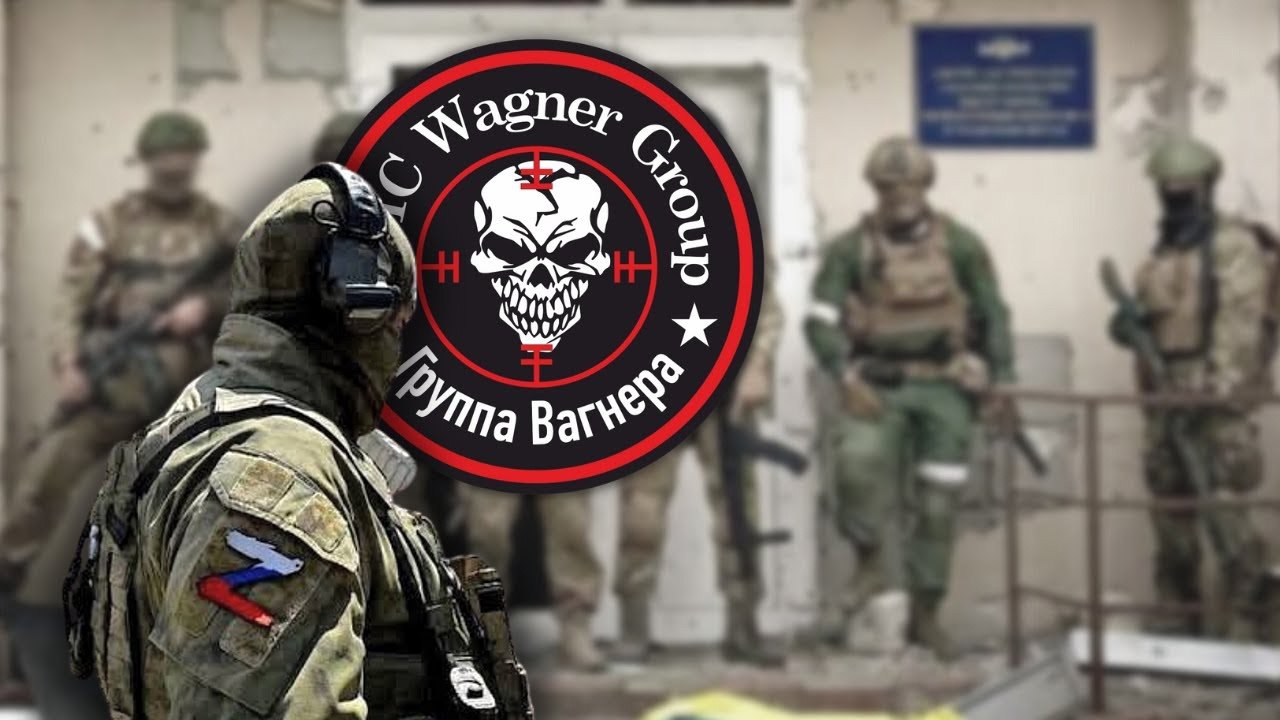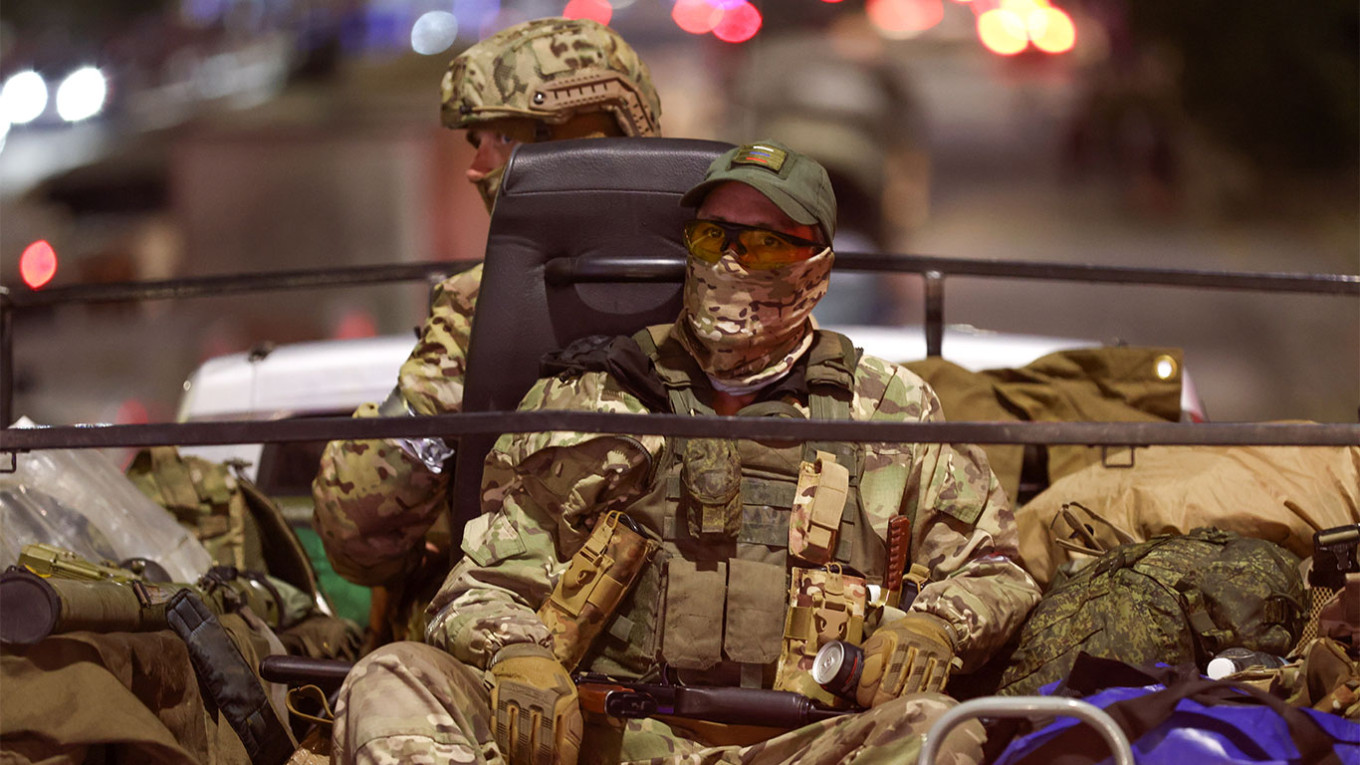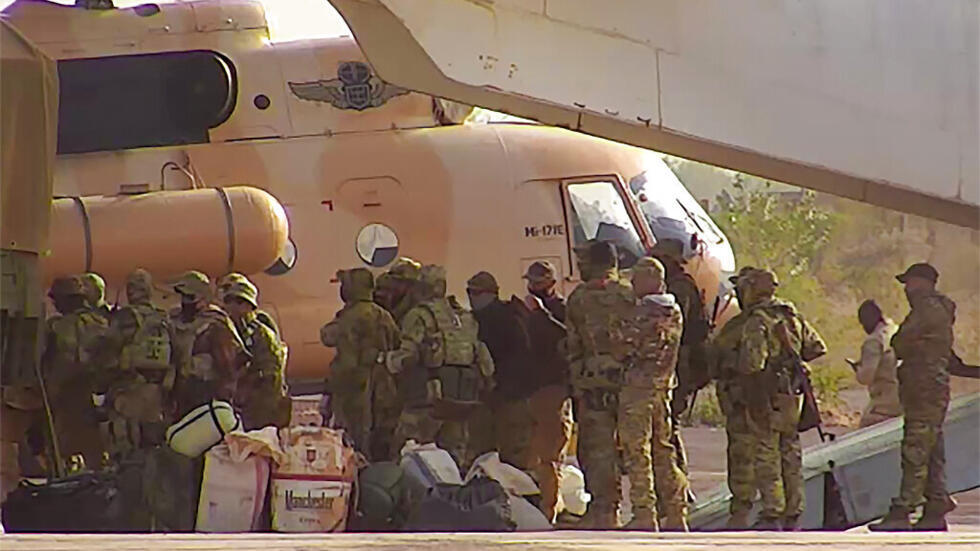
Wagner Group Hit in Mali’s Tinzaouaten Attack
The Wagner Private Military Company (PMC), a Russian paramilitary group known for its controversial actions, suffered a serious attack in Mali in July 2024 during the Tinzaouaten incident. This clash marked a notable setback for their efforts in the area, showing how risky their deployment is.

Wagner’s Role in Mali
Wagner PMC has ramped up its operations in Africa over the past few years, with Mali being a key area of focus. The Malian junta welcomed Wagner to help fight local insurgents and fill the gap left by departing Western forces. They have been active in highly unstable regions, aiming to combat militant groups connected to al-Qaeda and ISIS as well as to safeguard economic interests like mining.
The Attack: What Took Place?
In July 2024, local militants ambushed a Wagner convoy heading to Tinzaouaten, a key location close to the Mali-Algeria border. Local militant groups reportedly orchestrated this attack with meticulous planning. The convoy, made up of armoured vehicles and support trucks, faced explosive devices (IEDs) and heavy gunfire from militants in strong positions.
The attackers, familiar with the landscape, used guerrilla tactics to cause maximum damage. Wagner’s reputation for toughness did not spare them. Reports indicate more than 50 operatives lost their lives, and numerous vehicles were damaged. Survivors pulled back under darkness, abandoning important gear and fallen comrades.
Man and Machine Casualties
Here is a summarised list of human and machine casualties during the Battle of Tinzaouaten, based on available reports:
Human Casualties
- Wagner PMC Operatives:
- The ambush confirmed the deaths of over 50 operatives.
- They wounded or captured an unspecified number of Wagner contractors.
- Militant Forces:
- Reports indicate that the skirmish claimed the lives of 15-20 militants.
- Casualty figures for the militants may be higher, but exact numbers remain unclear.

Equipment and Machinery Lost
- Wagner PMC:
- 4 Armoured Vehicles: Destroyed by IEDs and anti-tank weapons.
- Logistical Trucks: The militants captured multiple rifles, grenades, and heavy weapons.
- The militants captured multiple rifles, grenades, and heavy weapons.
- Militant Forces:
- Losses include small arms and light vehicles used for the ambush. There were no reports of significant equipment losses.
The ambush left Wagner PMC severely weakened in the region, forcing them to abandon additional supplies and retreat in disarray.
Importance of Tinzaouaten
Tinzaouaten is critically important. Its location serves as a vital transit point for legal trade and illegal activities, including arms and drug trafficking. Whoever controls this area can dominate supply lines and affect operations across borders. For Wagner, controlling Tinzaouaten was vital to gaining influence in northern Mali and maintaining access to rich resources.
Local Militant Engagement
The ambush showcased the evolving skills of Mali’s militant factions. Traditionally using hit-and-run assaults, these groups exhibited improved coordination and strategy. Intelligence reports indicate they took advantage of local discontent to recruit members and gather useful information on Wagner’s movements.
A Temporary Alliance?
The attack involved a coalition of groups, notably the Group for Support of Islam and Muslims (JNIM) and Islamic State in the Greater Sahara (ISGS). Although these groups typically operate separately, their combined effort highlights a common aim: driving out foreign forces like Wagner.
Consequences for Wagner
The Tinzaouaten incident revealed weaknesses in Wagner PMC’s operations. Despite the Wagner PMC’s reputation as a strong paramilitary organisation, their ambush revealed logistical issues, poor local intelligence, and their reliance on sheer force. This setback has damaged Wagner’s reputation and raised doubts about its role in Mali’s complicated security climate.
Wagner’s Global Image
The ambush impacts more than just Mali. The ambush has weakened Wagner’s reputation as a reliable partner for authoritarian regimes. Other private military companies may use this situation to gain contracts in regions where Wagner is active.
Mali’s Situation
For Mali, the attack indicates a shift in the ongoing conflict. The growing audacity of militant groups puts the junta’s reliance on foreign mercenaries under scrutiny. Furthermore, civilian deaths and the accusations of human rights violations against Wagner have diminished local support, complicating the security situation.
Insights for Military Tactics
The Tinzaouaten ambush offers important conclusions about counterinsurgency strategies. Effective intelligence gathering and adaptability in operations are crucial. Winning local support is important in asymmetric warfare. Wagner’s lack of these elements played a big role in their loss.

Future Plans
Wagner’s Next Steps
Wagner will probably rethink its approach in Mali. They may depend more on air support, improve local intelligence, or send more resources to make up for losses. However, it will be difficult for Wagner to continue operations as resistance increases. Wagner PMC’s position in Mali has weakened significantly following the Tinzaouaten ambush in July 2024. The group have faced substantial manpower and equipment losses, which have reduced their operational effectiveness.
Their inability to secure key territories like Tinzaouaten has emboldened local militant groups, leading to intensified attacks on Wagner positions. Relations with the Malian junta have soured due to Wagner’s limited success and the allegations of human rights abuses; however, the junta still relies on Wagner for certain missions. Overall, Wagner’s role has shifted to defensive operations, struggling to maintain influence in Mali’s volatile security landscape.
Mali’s Future Direction
The Malian junta needs to consider its reliance on Wagner. Building up national forces, working with local communities, and promoting regional partnerships are key for lasting stability.
Conclusion
The ambush at Tinzaouaten is a key moment in Mali’s conflict and Wagner PMC’s actions. As militant groups grow bolder and foreign interventions meet more pushback, the need for effective, local solutions is clearer than ever.
References
- “Wagner’s Operations in Africa”, Defence News Today, 2024.
- “Mali: Militant Tactics and Regional Security,” Africa Security Briefs, July 2024.
- Facebook – Pakistan Defence Forum, accessed December 2024.









